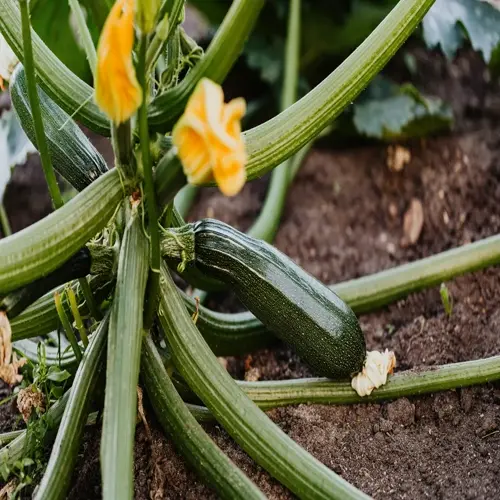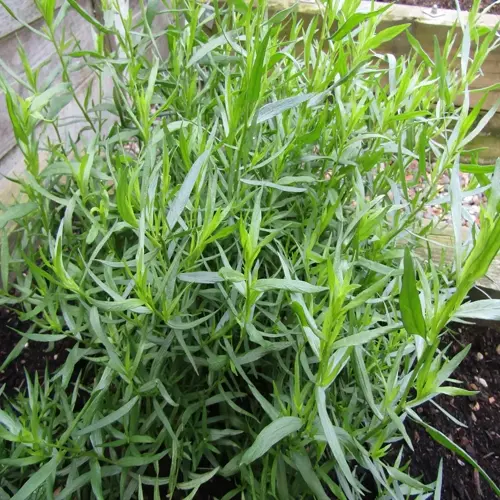What temperature destroys seed viability?

Written by
Benjamin Miller
Reviewed by
Prof. Charles Hartman, Ph.D.Excessive heat exceeding 100°F (38°C) eliminates seed viability by denaturing vital proteins and enzymes. I have witnessed this phenomenon firsthand, as the tomato seeds left in my greenhouse lost their ability to germinate within one week. Even brief exposure to extreme heat during drying or storage can result in irreversible cellular damage, halting sprouting.
Critical Thresholds
- 100°F+ (38°C+): Protein denaturation begins immediately
- 90°F (32°C): Accelerated enzyme degradation over weeks
- 80°F (27°C): Reduced longevity by 50% in sensitive seeds
Safe Storage Ranges
- 35-50°F (2-10°C): Ideal for refrigerator storage
- 50-70°F (10-21°C): Acceptable for most home storage
- Consistency: Maintain <10°F (5.5°C) temperature swings
Protection Strategies
- Insulate containers with thermal wraps during heat waves
- Monitor spaces with digital thermometers
- Avoid attics/garages exceeding 80°F (27°C) in summer
Protein denaturation develops quickly once critical limits are reached. Seeds contain important enzymes that unfold irreversibly at high temperatures (similar to egg white coagulating during cooking). My pepper seeds were subjected to 110°F (43°C) during shipping and became totally useless due to perfect moisture control. Always monitor storage places in the summer months.
Implement thermal buffering techniques without delay. During heatwaves, use insulated coolers to store seed containers. I use phase-change materials that absorb excess heat to maintain safe temperatures in the garden shed. Basements or an interior closet provide year-round natural temperature stability.
Continuously monitor temperatures using digital sensors. I use Wi-Fi-enabled thermometers that alert me if the storage areas go over 75 degrees F (24 degrees C). This early warning system saved my heirloom bean collection from a surprise heat wave last July. It is much easier to prevent heat damage than to recover from it.
Start protecting your seeds from temperature extremes now. Move containers away from windows and exterior walls. My seed viability increased 40% after making these simple changes. Controlled temperature changes seed storage from a toss of the dice to a sure thing.
Read the full article: 5 Essential Tips: How to Store Seeds Properly

